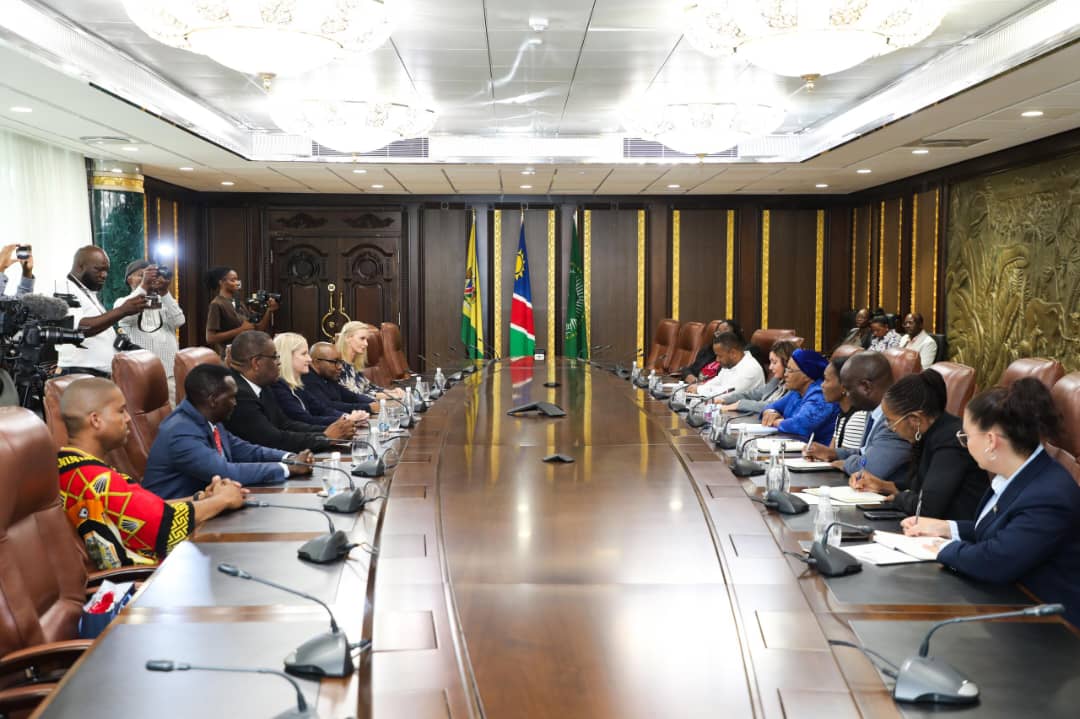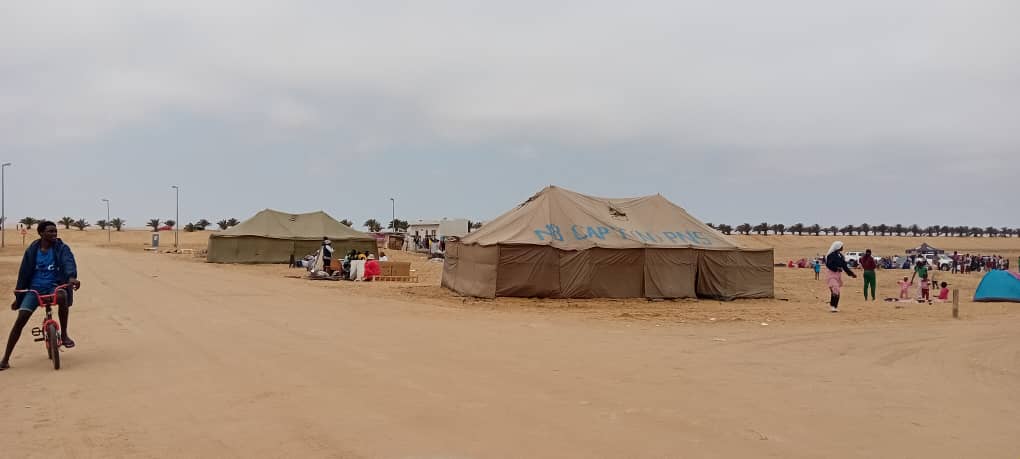Economist say the answer to poor performance at state-owned enterprises (SOEs) is to appoint new boards and management staff with shorter contracts.
This comes as the Meat Corporation of Namibia (Meatco) reported a financial loss of N$118 million for the 2022/23 financial year.
Economist Omu Kakujah-Matundu says privatisation is not the answer to underperforming enterprises, but rather management change.
“Public enterprises can perform well if there are consequences for management,” he says.
Kakujah-Matundu says the current system allows complacency within SOEs.
“I think shorter contracts, like a one-year contract, would shield the government from legal wrangles and hold these entities accountable for poor performance, he says.
“The government as a shareholder on behalf of the Namibian people should have its finger on the pulse. As soon as they smell losses or inefficiency, the entity should account.
“If there’s no satisfactory reason, replace the management and the board,” he says.
Economist Josef Sheehama says public enterprises should be privatised.
“It is possible to increase market efficiencies, lower government deficits, provide better service alternatives, satisfy public service requirements and foster economic development by privatising underperforming or failed SOEs, and turning them into profitable enterprises by the private sector,” he says.
Kakujah-Matundu, however, disagrees.
“In my opinion, commercialised government entities can perform as good as private entities if there’s consequence management,” he says.
Sheehama says the current model of government handouts to struggling SOEs is unsustainable.
“Unfortunately, when it comes to carrying out their mandate, a great deal of governmental institutions fall short,” he says.
Sheehama believes a lack of clear communication and defined expectations from the government is the root cause of SOE failure.
He says the success of the Windhoek Country Club despite Covid-19 lockdowns proves the benefits of a well-run, private-sector-managed entity.
MEATCO ISSUES
Adolf Muremi, the interim chairperson of the Meatco board of directors, says despite a slight improvement in revenue, historic debt has negatively impacted the company.
This debt negatively impacts Meatco’s debt-to-equity ratio, discouraging commercial banks from providing essential working capital loans.
The government has given Meatco N$286 million as a capital injection.
Additionally, Meatco points to the underutilisation of its Windhoek abattoir, a facility with a capacity to slaughter 120 000 cattle annually.
“Meatco’s business model is profitable at its optimal capacity, however, the Windhoek abattoir, which has a capacity of at least 120 000 cattle per annum, has been underutilised,” Muremi says.
The corporation sold 11 042 tonnes of beef and generated revenue of N$865 million in the 2022/23 financial year – an increase from N$752 million during 2021/22.
It also reported a loss of N$118 million, showing improvement from the previous year’s loss of N$206 million.
Sheehama says entities like Meatco are failing because those in charge are “clueless”.
“Those in charge of evaluating government performance are completely clueless about the appropriate metrics to use,” he says.
The Ministry of Finance and Public Enterprises did not respond to requests for comment by the time of going to print.
Stay informed with The Namibian – your source for credible journalism. Get in-depth reporting and opinions for
only N$85 a month. Invest in journalism, invest in democracy –
Subscribe Now!










